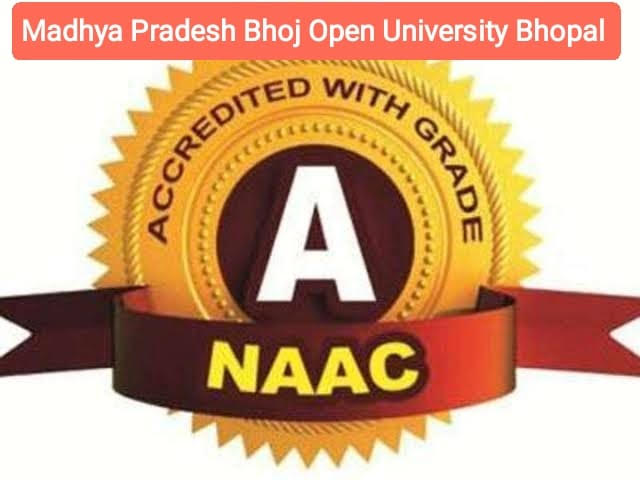CIQA
IMPACT ANALYSIS
To reform institutional processes, the University has taken various initiatives for quality improvement in all major areas of its operations,such as learner performance, teaching-learning, assessment process, administrative reforms, financial management, etc. To analyse the changes in some of the above-mentioned areas, the University has developed a structured feedback mechanism. The feedback received is carefully analyzed, which then becomes the basis of reforms in the institutional processes. Recently the University has collected feedback from Learners, Academic Counsellors, SubjectExperts, Teachers, and Employees. The Impact Analysis of the feedback received has been carried out.
The main highlights of each feedback analysis are as follows Academic
Counsellors- The syllabus designed for the learners is per the course and serves learners’ needs.The objectives of the syllabus are well-defined. The SLMs provided are clear regarding communication, illustrations, and cases. On inspection of the campuses, it was found that the lecture rooms provided for the counseling sessions are well equipped with black/white board,chalk/pen, duster, dais, etc. The support services provided to the learners in different study centres are as per the requirement. Counseling sessions taken for the learners are adequate, and class schedules are timely communicated to the learner. The counsellorinspires the learners to have ethical behaviour and motivates learners to access online resources provided by the university. Digitized course materials have the potential to replace printed SLMs. The induction program and the counselling sessions conducted by the Study Centres were reported to be helpful by the students. The stakeholder feedback analysis states that the study material for the programmes has clarity and is easy to understand.The assignments were reported to be useful, fair, and timely. Coming to other aspects of quality, the academic counsellors are qualified toconduct counselling sessions. The University adheres to a schedule of admissions and term-end examinations and results. Online services were easily accessible and useful, and the University website/mobile app gave helpful information. The institution promptly addresses queries, and the grievance redressal mechanism of the University was effective. The CM helpline assures grievance redressal. Electronic media (Audio and Video) is supplementing the teaching-learning process and academic counselling. Learners receive the Self Learning Materials (Printed blocks/modules) regularly and on time.
Teachers’ Feedback: The current curriculum is as per requirement. The level of inclusion of relevant content in the curriculum is more than good. We have many already employed learners in our courses which shows their effectiveness. Learner enrolment, teaching-learning process, evaluation process and reforms, learner performance, and learning outcomes are part of academic improvement activities.Physical facilities and ICT Infrastructure are continuously improved to facilitate all the stakeholders, ensuring the participation of stakeholders.
The Academic Council and the Board of Management ensure improvements in the quality of teaching and research through regularinputs to all concerned departments based on feedback received. Apart from the University’s online/offline grievance redressal mechanism, theGrievances are lodged on the UGC’s ‘Online Students Grievance Redressal Portal also.Automation of various activities of the University has also helped in bringing reforms in admission processes, examination systems,financial management, library, and many other areas of operations and thus has helped in improvement. Admissions are made through MPonline portal to maintain admissions records. SLMs of MPBOU are also available to the learner through e-SLM.Audio lectures, YouTube videos, WhatsApp Groups, and E-lectures are
initiated to facilitate flexible learning options for the learner. Universityhas its duly approved SLM policy.


